
Best of ChemEd will take place Tuesday, July 27 to Thursday, July 29, 2021 (12:00 to 4:00 pm EST) and is a free virtual event hosted by the American Association of Chemistry Teachers (AACT). Registration is now opened for each day.

Sign up to receive email updates about our social events, schedule changes, additional programming and future ChemEd information.
The Microscale Agenda: Up Close and Personal
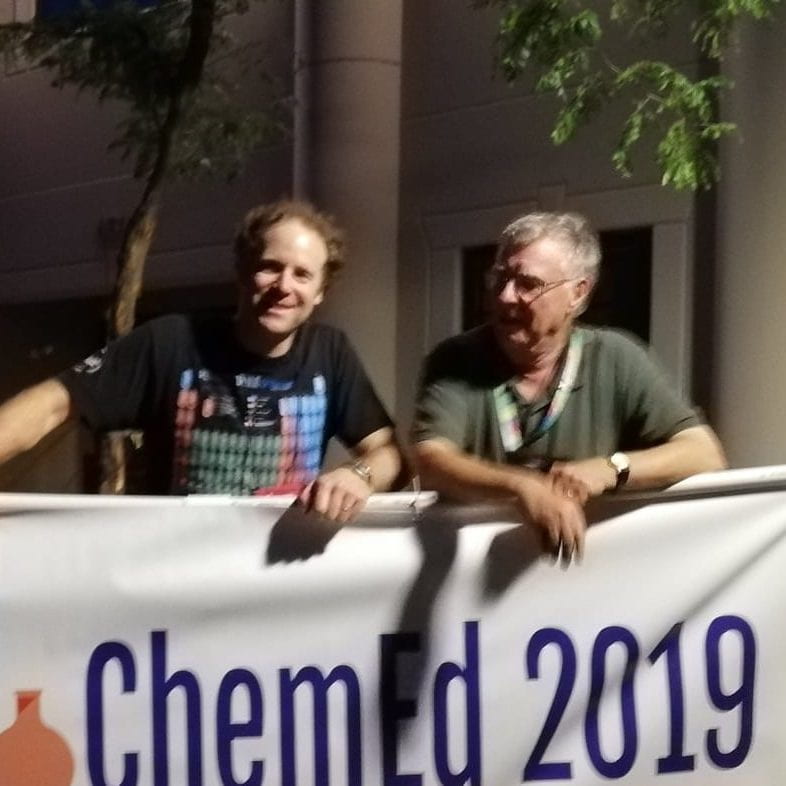
Andres Tretiakov, Physics Technician, St Paul’s School and Bob Worley
Chemistry Adviser, CLEAPSS, UK
Going online can offer us the chance to show how microscale techniques can focus the viewer into the intimate world of romance and drama between ambitious sub-micro particles. A RomChem adventure. Andres Tretiakov and Bob Worley from the UK will show videos of chemical reactions and physical phenomena that the teacher can use to explain what is happening at the submicro (nano) level. Being small, means being green as well.
Using Modeling Instruction to create an equitable chemistry classroom
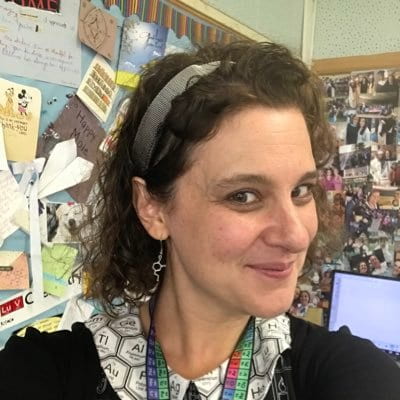
Ariel Serkin, Norfolk County Agricultural High School, Walpole, MA
Modeling Instruction is a guided inquiry pedagogy that enables students to co-create conceptual models. Used with intentionality and best practices, Modeling Instruction can also be used to promote equity in the classroom and provide opportunities to ensure all students learn chemistry.
Making Chemistry Visible with Magnets
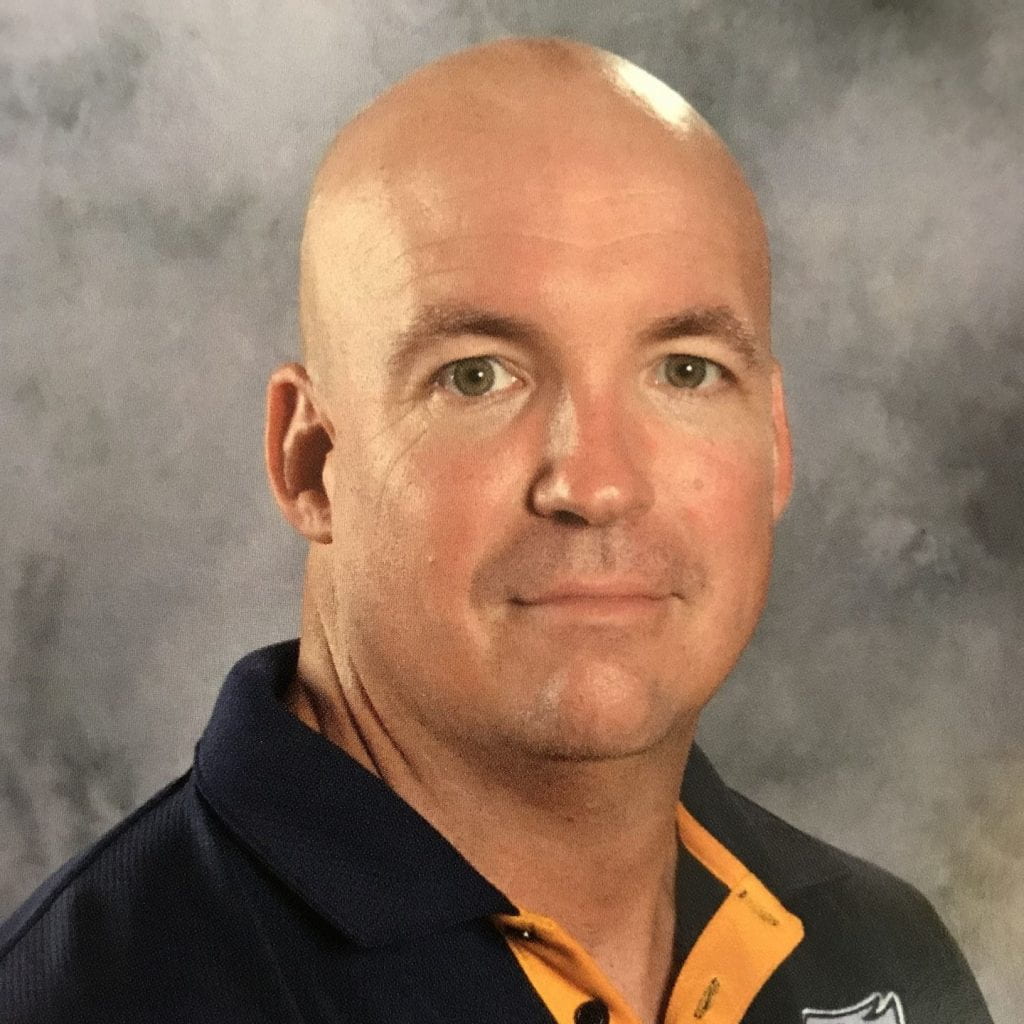
Doug Ragan, Hudsonville High School, Hudsonville, MI
From my Chemistry Concepts students to my Organic students, many topics of chemistry can be taught with the use of colored magnets. Using printed atomic and molecular templates available for you or your students to download, I will demonstrate how I use them to teach everything from atomic structure to balancing equations, to molecular modeling and much more.
Kinesthetic Chemistry for All
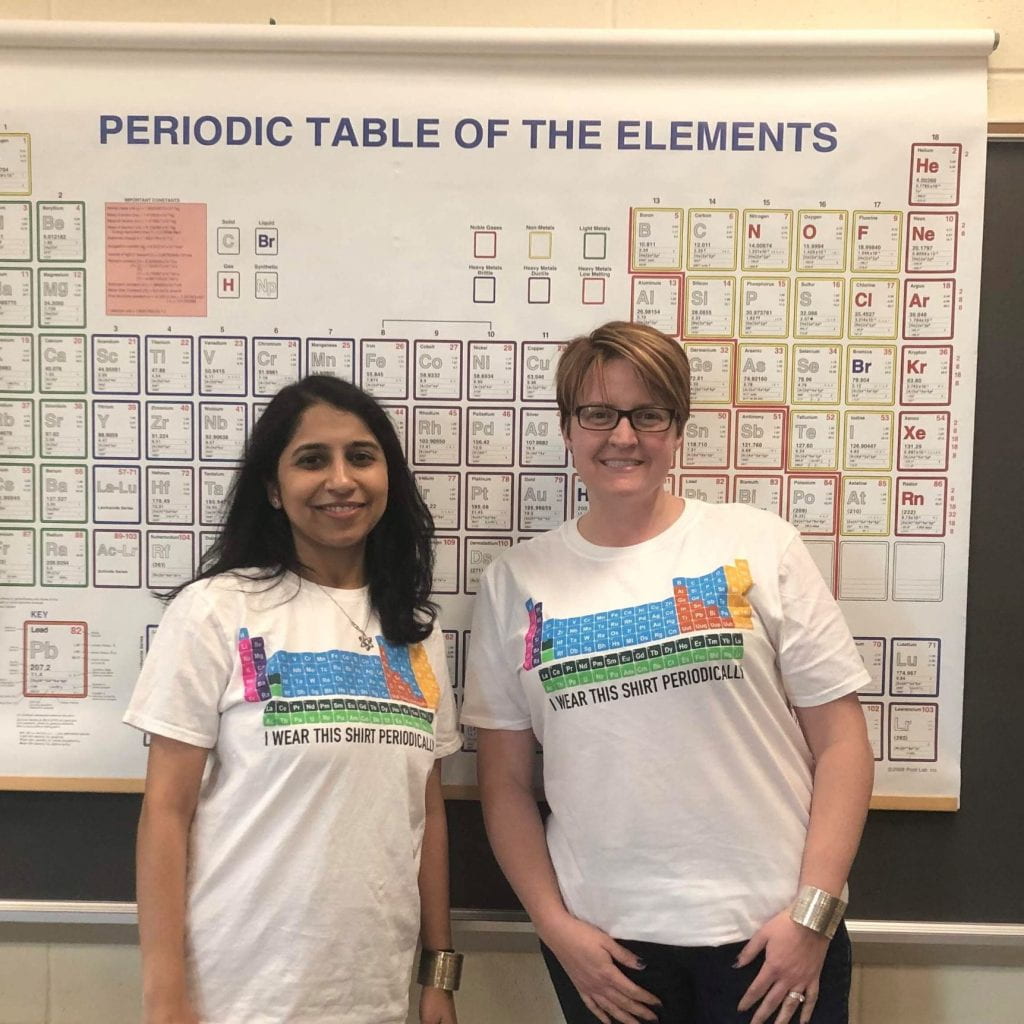
Catherine Zavacki and Anjana Iyer, Hillsborough High School, NJ
Using Kinesthetic activities to think beyond labs and demos that allows the opportunity for the inclusion of all learners.
My Chemistry Education Research Group

Michael P Jansen, Crescent School, Toronto, ON
Rather than a traditional Chemistry Club that focuses on activities, my colleague and I run a weekly Chemistry Education Research Group. Students prepare labs for curricular use, collect data for Thought Labs, or answer questions of an empirical nature. Examples include: chemical kinetic studies, microwave oven-prepared esters, microtitrations (acid-base and redox), thermochemistry studies, answer questions involving the ideal gas-law, isolating Bismuth from Pepto-Bismol, to name a few.
My PET demonstrations – make a bottle, carve a can and more
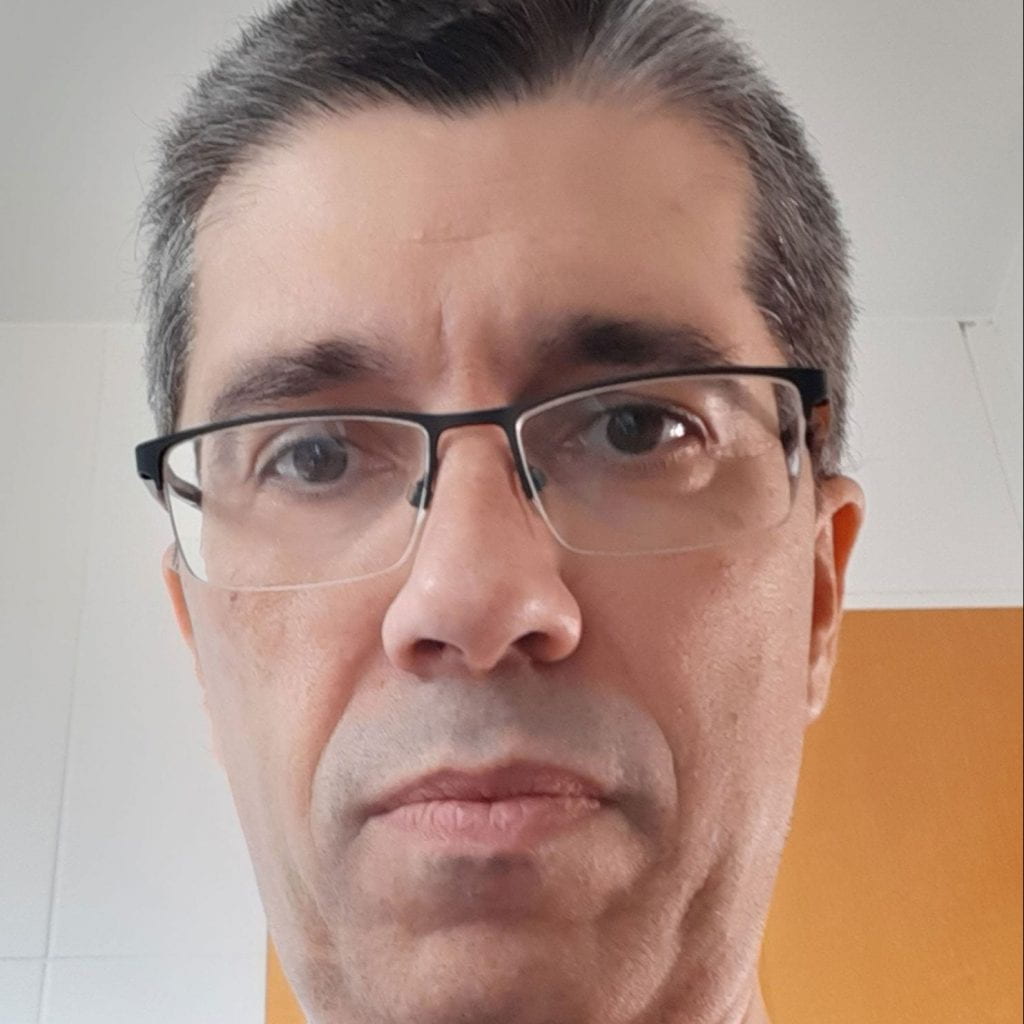
Alfredo Luis Mateus, COLTEC – Colégio Técnico da Universidade Federal de Minas Gerais, Brazil
In this session I will present a few chemical demonstrations using simple materials. The demonstrations can be turned into hands-on labs and have a common feature: in the end you have something that can be used and can be made to be unique. Students can be encouraged to make a personalized version of the final product. It will be shown how to make a bottle from a plastic preform, how to cut an aluminum can with a chemical reaction and make a lantern, how to make a hydrophobic maze and that plastics remember their shape. These demonstrations were presented at ChemEd 2013 in Waterloo.
Engaging students and supporting learning with PhET simulations

Kathy Perkins, PhET Interactive Simulations, University of Colorado Boulder, Boulder, CO
Whether teaching remotely or in-person, interactive simulations are flexible tools for teaching chemistry content while also fostering engagement, reasoning, modeling and sense-making. Learn how to incorporate simulations into your classrooms, facilitate inquiry-based activities, and engage students in science practices. Take home new ideas and lessons you can implement immediately.
Tuesday Moderator and ChemEd 2023 Co-chair

Jean Hein, College of Engineering and Physical Sciences, University of Guelph, Guelph, ON
Go to Best of ChemEd:


